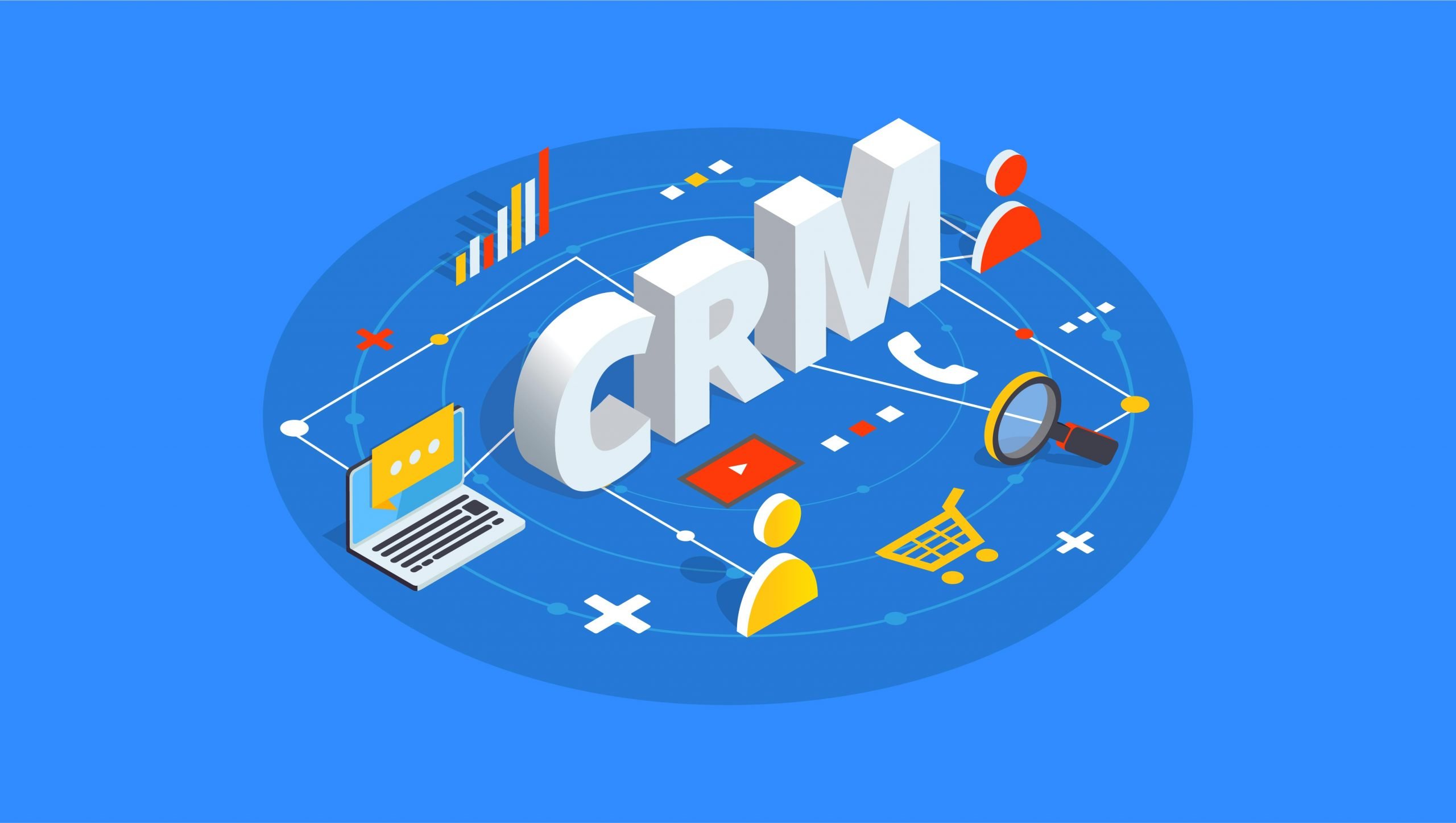CRM

CRM stands for Customer Relationship Management. It refers to a set of practices, strategies, technologies, and tools that organizations use to manage and analyze interactions with their current and potential customers throughout the customer lifecycle. The primary goal of CRM is to enhance and optimize customer relationships, improve customer satisfaction, and drive business growth.
Key components and features of CRM include:
-
Customer Data Management:
- CRM systems store and organize customer information, such as contact details, communication history, purchase history, and preferences, in a centralized database.
-
Sales Automation:
- CRM systems automate sales-related processes, including lead management, opportunity tracking, and sales forecasting. This helps sales teams streamline their workflows and focus on building relationships.
-
Marketing Automation:
- CRM supports marketing activities by automating processes such as campaign management, lead nurturing, and email marketing. It allows for targeted and personalized marketing efforts.
-
Customer Service and Support:
- CRM helps organizations manage customer service interactions by providing tools for case management, ticketing systems, and knowledge bases. This ensures efficient and effective resolution of customer inquiries and issues.
-
Analytical Tools:
- CRM systems include analytical tools for processing and analyzing customer data. This enables organizations to derive insights, make data-driven decisions, and improve overall business performance.
-
Contact and Lead Management:
- CRM facilitates the management of contacts and leads, allowing organizations to track communication history, schedule follow-ups, and ensure that sales and marketing efforts are coordinated.
-
Collaboration and Communication:
- CRM promotes collaboration among different departments within an organization, particularly those interacting with customers. It helps ensure a consistent and unified approach to customer interactions.
-
Customer Analytics:
- By analyzing customer data, CRM systems provide valuable insights into customer behavior, preferences, and trends. This information is used to tailor products, services, and marketing strategies to meet customer needs.
-
Mobile Access:
- Many modern CRM systems offer mobile access, allowing users to access customer information and CRM functionalities on the go. This is especially beneficial for sales and support teams that are often in the field.
-
Integration Capabilities:
- CRM systems often integrate with other business applications, such as email, calendars, and ERP systems. This integration ensures a seamless flow of information across different departments.
-
Social CRM:
- Social CRM integrates social media data and interactions into the CRM system. It enables organizations to monitor and engage with customers on social media platforms, incorporating social data into customer profiles.
CRM is a comprehensive approach that helps organizations build strong and lasting relationships with their customers, leading to increased customer loyalty, retention, and overall business success. It is widely used across various industries, ranging from small businesses to large enterprises.
Thank you.
